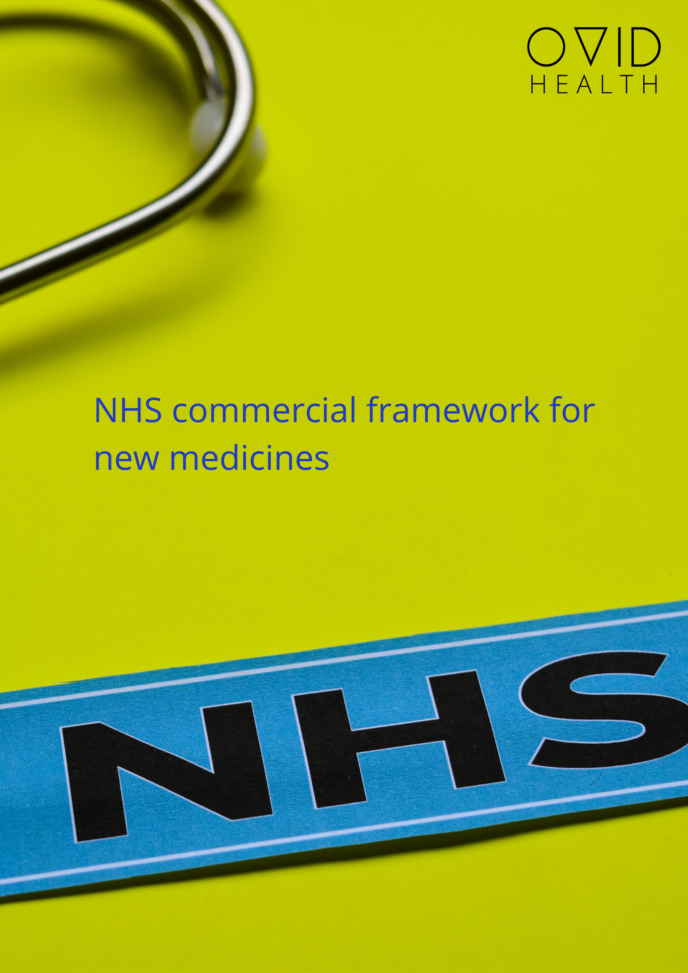
25 Feb NHS commercial framework for new medicines

The NHS England commercial framework for new medicines published this week has gone as far as it can. Now the politicians need to step in to bring 21st Century funding models for 21st Century medicine.
Bringing new medicines into the NHS can be a complex business. Difficult negotiations often take place between companies and the NHS that can spill over into rows – Orkambi in 2019 is a prime example. Or things go well and deals are struck making England the first country in Europe to make CAR-T available for children.
These negotiations are becoming more difficult as science advances, as more complex treatments pose new challenges to health decision makers about how they should be funded. The new commercial framework was intended to present options and flexibility to enable new treatments to reach patients more easily. The NHS has made it clear that the level of flexibility it can offer is contained within models that are straight forward and low resource to implement.
But the innovative treatments of today will inevitably be challenged by the innovative treatments of the future. As this happens, the commercial frameworks will need to evolve too. For example, the NHS has established a method to pay for highly specialised technologies to treat rare diseases. But what if highly specialised technologies such as cell and gene therapies could be used to treat common diseases? How will the NHS pay for these therapies, given that they could benefit larger numbers of patients?
According to the Cell and Gene Therapy Catapult, 154 cell and gene therapy clinical trials were observed in 2020, and this number is increasing year-on-year. These therapies can be perceived as high cost at the point of use as they tend to be a ‘one off’ treatment. But the benefits they accrue in the years which follow are potentially transformative for both patients and the NHS.
Some fresh impetus about how to address this question is required. It is not in the NHS though that it needs to take place. It is politicians and policy makers who must be more radical in preparing for the future. As the science constantly evolves, political will is required to create a commercial environment which evolves with the science and systematically enables new therapies to reach patients.
The promise of cell and gene therapies is on the horizon. When these therapies become available, it is vital that a commercial framework is in place to ensure the NHS is able to make the most of them. The Government should embrace this challenge as part of securing the UK’s position as a life science leader.
To find out more about these policy developments and analysis, get in touch with OVID Health at [email protected].